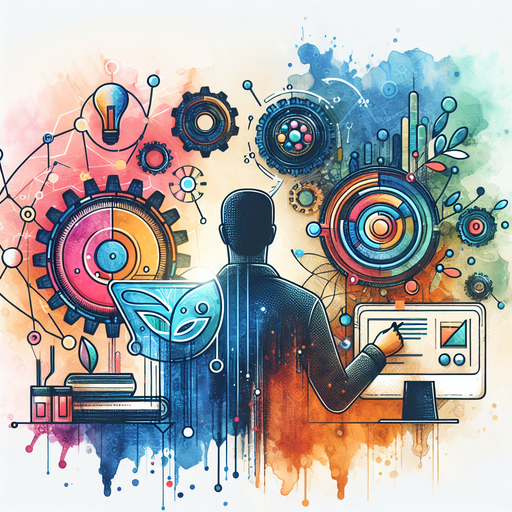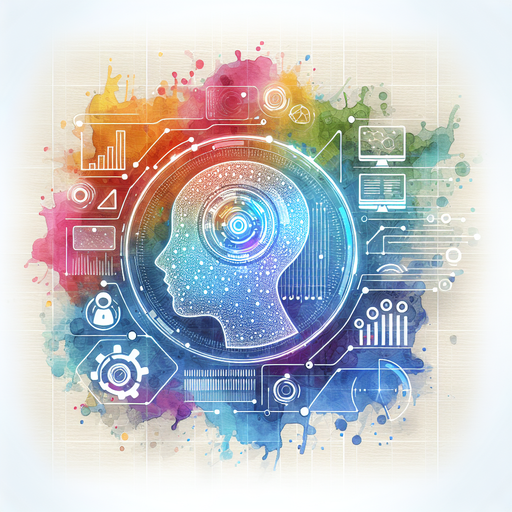Software-as-a-service (SaaS) companies are increasingly turning to artificial intelligence (AI) and machine learning to enhance their products and gain a competitive edge. Recent advances in natural language processing, computer vision, and predictive analytics are creating new opportunities to engage users and streamline operations.

Personalizing the User Experience
One of the biggest trends is leveraging AI to provide more tailored experiences for each customer. SaaS platforms contain vast amounts of data on how users interact with their tools. Machine learning algorithms can analyze this data to understand user behavior and preferences. Companies can then use those insights to customize their products for each user.
For example, AI-powered recommendation engines suggest content or features that align with an individual user's interests. Chatbots and virtual assistants can hold natural conversations to provide helpful information or resolve issues. Personalized push notifications keep users engaged with timely and relevant updates.

Extracting Insights from Data
Many SaaS platforms also rely on predictive analytics to extract key insights from their data. Machine learning models can identify trends and patterns to forecast future outcomes. This empowers companies to make data-driven business decisions.
Use cases include predicting customer churn, forecasting sales, analyzing financial risk, and optimizing marketing campaigns. As models process more data over time, they become more accurate in their predictions.

Automating Processes
In addition, AI tools help SaaS businesses automate repetitive or mundane tasks to improve efficiency. For example, optical character recognition extracts text from documents to auto-populate forms or databases. Smart workflows use business rules to automatically route tasks to the appropriate users.
Computer vision analyzes visual content to tag and categorize images. Chatbots handle common customer service inquiries to reduce call volume. Document review uses natural language processing to analyze contracts and extract important clauses.
These automation capabilities allow employees to focus their time on higher-value work.
The Future of AI in SaaS
As AI adoption continues to accelerate, it will become an increasingly critical element of SaaS platforms. Companies that effectively leverage these technologies will gain a distinct edge over the competition. But to maximize the benefits, they need to ensure they are using AI responsibly and strategically.
With thoughtful implementation, AI and machine learning will enable SaaS providers to unlock new levels of personalization, productivity, and innovation - creating substantial value for both their business and their customers.




